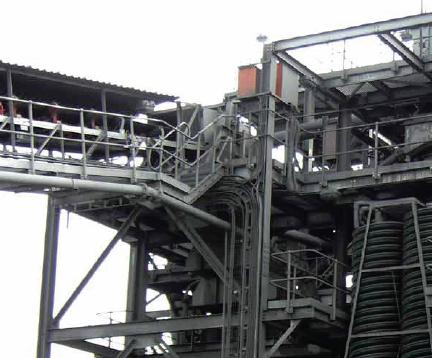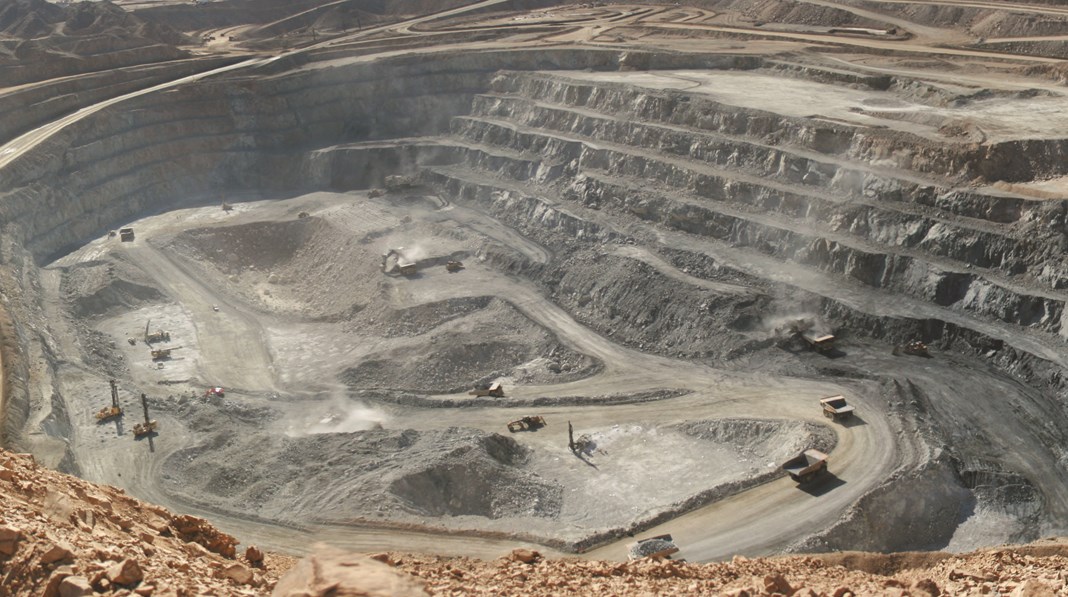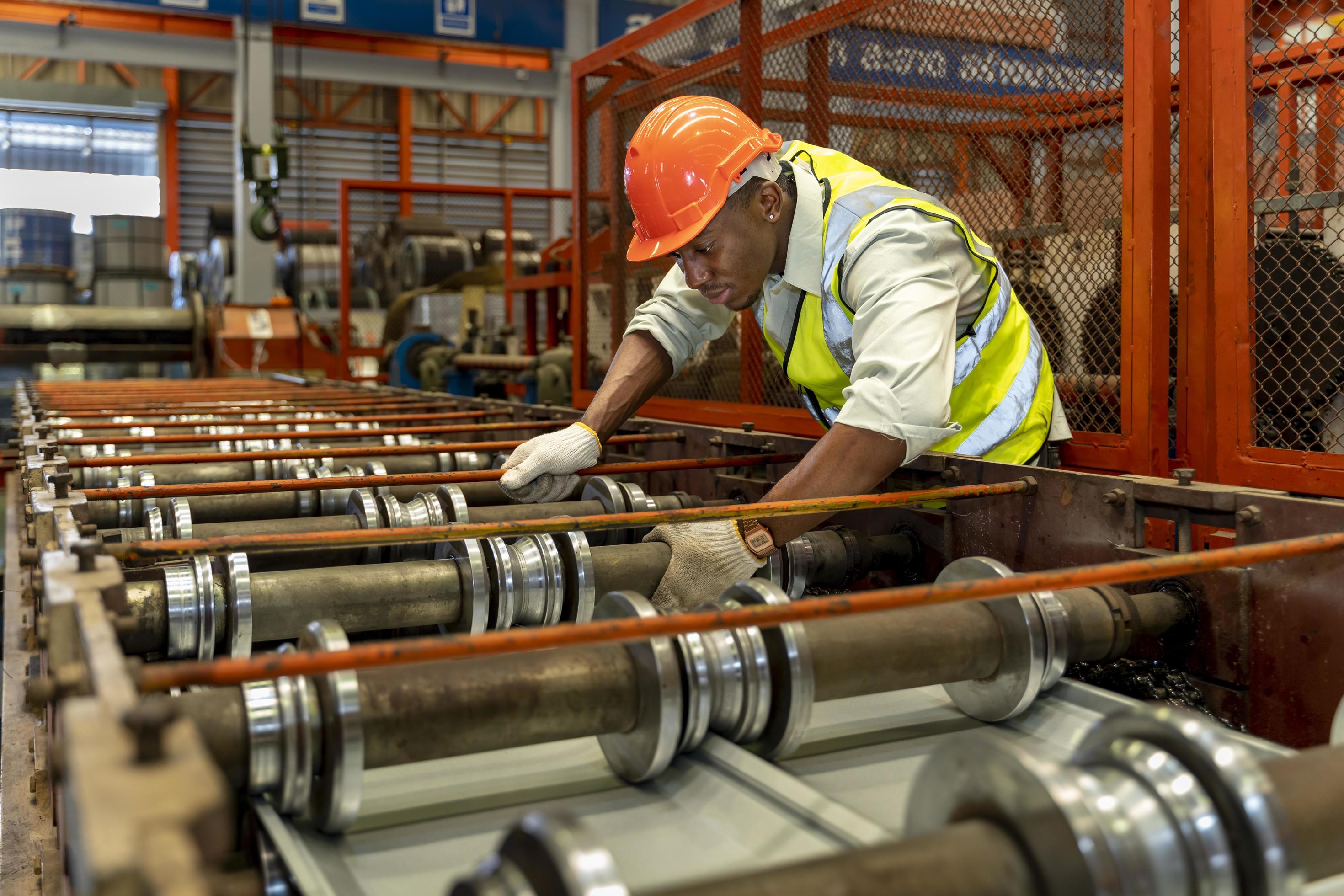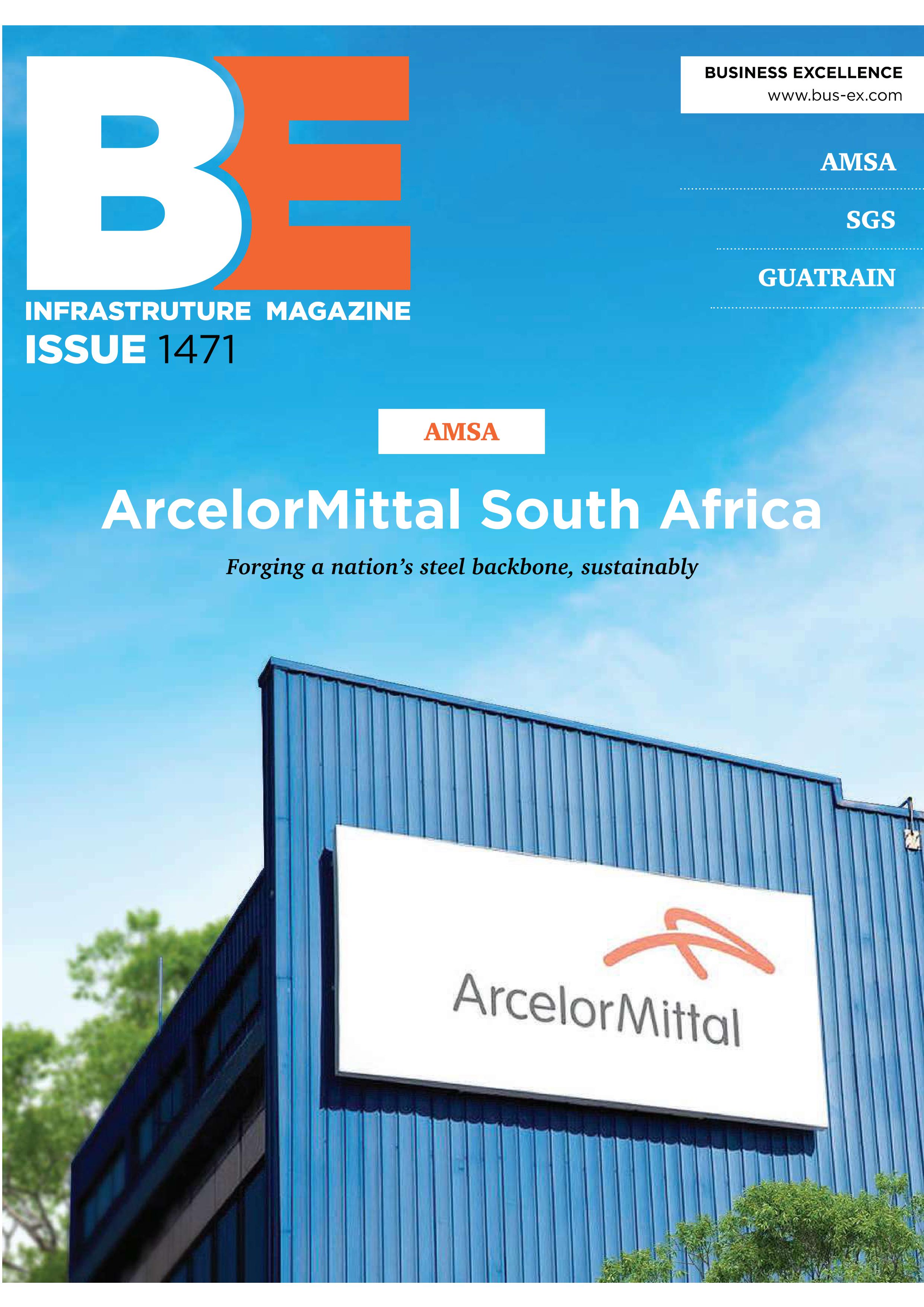
2011 will see Taggart South Africa emerging as a one-stop-shop for bulk materials handling projects for all southern Africa’s mining projects, plus the ability to offer full EPC and EPCM services to its clients.
With 40 years of mining experience behind him, Dave Morris has a unique understanding of an industry that is without any shadow of doubt going to continue to drive the economies of southern Africa for decades. Morris is based at Taggart Global’s headquarters in Pittsburgh, USA; but as chief operations officer for Taggart South Africa, spends half his time in South Africa managing a portfolio of contracts related to national power supplier Eskom’s strategic new coal plants and to new installations and plant upgrades for major private mining companies such as Anglo American, BHP Billiton, Exxaro and Xstrata Coal.
Taggart Global is a well-established international engineering and construction company with expertise in the design, construction and commissioning of coal preparation plants and materials handling systems in the US, China, Australia, Canada, Russia and Brazil. Before becoming COO for both Australia and South Africa in 2008, Morris was instrumental in developing Taggart’s business in Russia. As the Australian business developed, he relinquished that part of his job to focus on operations in South Africa. “We are already branding Taggart JHDA and Taggart LSL/Tekpro as Taggart South Africa, and that will happen gradually over the course of 2011,” he says.
Taggart South Africa will draw together two established entities, each with its own unique network, into one of the most capable mining services companies in the region. Taggart Global has a controlling interest in both Taggart JHDA and Taggart LSL/Tekpro—the former managed by Jim Harrison, the latter by Dimitri Simigiannis. Consolidation was always the intention when Taggart acquired a majority interest in Jim Harrison Design Associates (JHDA) in 2008 and LSL/Tekpro in 2010; however, it was important to bring all the stakeholders into the process, says Morris. “We had to reach agreement on value and ensure the minority shareholders were satisfied. We have developed a formula to merge the companies by the end of 2011.”
This formula includes personal development and training, recruitment and the enhancement of the amalgamated company’s B-BBEE rating through a review of its procurement policies and community development programmes. Another important objective is to continue bringing together the different projects that both companies have with common customers.
As Morris explains, both Taggart JHDA and Taggart LSL/Tekpro have separate contracts with Anglo American relating to the New Largo open cast deposit which is being developed to feed Eskom’s Kusile power station located in Mpumalanga. It’s expected to become one of the world's largest coal-fired power plants once it is completed in 2018. “Taggart LSL/Tekpro has the largest share of the work because that project involves substantial materials handling—long conveyors, tips, crushers and the like,” says Morris. “Taggart JHDA has a separate agreement with Anglo Coal to do the feasibility and engineering on the processing plant. It will now be easier for Anglo to talk to just one entity, rather than two.”
Eskom’s new generation power stations, of which Kusile is just one, will boost coal demand for a generation. But coal is not the only resource being mined in South Africa. “Materials handling presents much the same challenges whatever the commodity,” Morris says. “For example, we have been keeping busy constructing a R200 million manganese plantfor United Manganese of Kalahari [UMK]. We have done a good job for this client, and have been gaining additional work as a result both from UMK and from some of the other companies that are mining and exploring manganese in the Northern Cape.”
In the past JHDA was more closely associated with coal projects, while LSL/Tekpro had long term relations with Kumba Iron Ore, specifically the operation at Sishen in the Northern Cape, as well as excellent coal experience. “Its expertise in coal has been a key strength for JHDA, but we are taking these strengths into other markets now,” says Morris. “We have recently done a screen for one of the platinum mines, and we are looking at a gold project that involves mostly materials handling. In cases like these, it doesn’t matter what the commodity is.”
While Taggart South Africa will continue to concentrate on its long-standing domestic clients following consolidation, it would be impossible for it to ignore the potential just across the border. Mozambique has the potential to become an important exporter of coal, being singularly well-placed to ship coal to India, whose demand for coal is insatiable.
Shipping coal from Mozambique will become more feasible once the 575 kilometre Moatize to Beira rail link has been upgraded, the port improved and a completely new rail line constructed from the Tete coalfields to the northern deepwater port of Nacala by the Brazilian company Vale. “We have been talking to a variety of companies that are already investing in or are thinking of investing in Mozambique, and we intend during this year to set up a representative office in Maputo,” says Morris.
Behind all this activity is a strategic move towards capturing EPCM (engineering, procurement, construction management) contracts in southern Africa, something that has hitherto been difficult for the two entities. “On some projects where the clients want to deal with a one-stop-shop we tend to team up with other entities in South Africa.” An example would be where a project includes shaft sinking as well as above-ground work—LSL/Tekpro is used to installing slope conveyors as part of the materials handling requirement; but neither company is into mining as such. Taggart South Africa will continue to work with the large construction companies to supplement its in-house team of construction specialists.
Most projects to date have been undertaken on an EPC or fixed price, turnkey basis. “We have not really got into large EPCM projects,” admits Morris, who adds that the skills associated with coal preparation plant don’t always include those nurtured by the largest contractors (though these contractors lack the specialised skills that Taggart JHDA has).
However, Taggart Global has plenty of experience in large-scale EPCM type work.In 2008 the company announced its joint venture with Ausenco Limited to pursue coal preparation plant engineering opportunities in excess of $10 billion worldwide, with the exception of North America and China.
“As we get into more EPCM type work, in addition to local engineering and construction companies, we may bring in Ausenco, which employs 2,500 peoplein 26 offices across the world. It will be a powerful partner once we get into major projects in Mozambique, but could be extremely helpful in implementing EPCM contracts in South Africa too,” Morris concludes.
DOWNLOAD
 Taggart-EMEA-Mar11-Bro-s.pdf
Taggart-EMEA-Mar11-Bro-s.pdf












